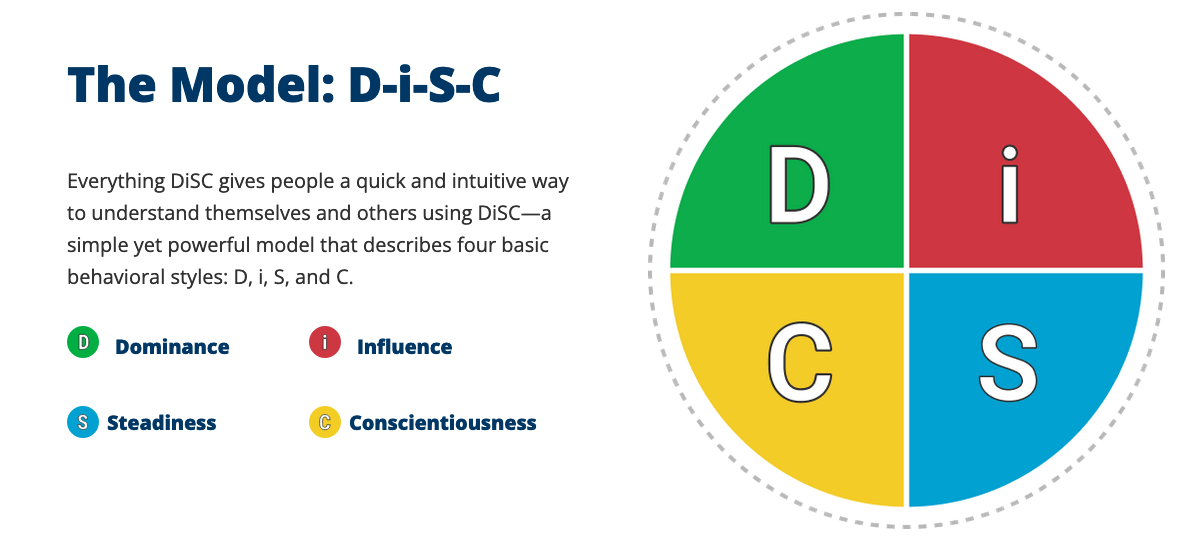Sales environments can be different to other environments in that there may be little time to establish trust. The five dimension of trust in sales are: customer orientation, selling orientation, expertise, likeability and dependability.
Summary by The World of Work Project
Five Dimensions of Trust in Sales
The concept behind most trust models is that there are specific traits that help increase a person’s trustworthiness. By focusing on these traits and improving them, an individual can become more trustworthy. It’s also possible to build trust with some simple steps.
This specific model focuses on the sales-person’s relationship with the customer, and calls out key dimensions that affect the level of trust that customers report feeling in relation to their sales-people.
The 5 Dimensions
This model calls out five key dimensions that affect trust in a sales environment: customer orientation, selling orientation, expertise, likeability and dependability.
1.Customer Orientation
If the sales-person focuses on the customers perspective and considers the product sale as an opportunity to increase customer satisfaction, then the customer experiences higher levels of trust in the sales-person.
2. Selling Orientation
If the sales-person adopts a short-term, sales focused orientation where they are more concerned about making the sale than helping the customer improve their satisfaction, then customer trust levels are low.
3. Expertise
If the sales-person is able to demonstrate high levels of expertise in relation to the product and answer any questions that a customer may have, then the customer experiences higher trust levels.
4. Likeability
If the sales-person is amicable, friendly and pleasant, perhaps demonstrating high levels of agreeableness, then mutual liking is more probable and customers typically report higher levels of trust in the sales-person.
5. Dependability
If the sales-person is dependable and does what they have said they would do, then customers report experiencing higher levels of trust in the sales-person. This is a factor that becomes more relevant in longer-term relationships.
Overlap with Other Trust Models
As well as the five dimension of trust in sales, there are several models of trust in existence, most of them basically say the same thing, though perhaps through slightly different language. We’ve considered the models in an overview, but have also included a high level comparison here.

Learning More
Trust is a hugely important factor that affects our experiences in the world of work. There are several different models that can help us think about trust including the Trust Equation, BRAVING and the ABCDs of Trust. While these models differ, there are lots of similarities between different models of trust.
There are many different ways to get people to buy things though. Nudging is worth a read, as is Cialdini’s work. In addition, work on creating addictive products like the Hook model might be of interest, as well as The Fogg Model.
The World of Work Project View
The five dimensions of trust in sales model of trustworthiness is interesting. It’s different than other models that we’ve looked at as it focuses specifically on sales relationships. Despite the specific domain that this model is focusing on, it is broadly the same as other trust models.
Overall we would recommend using and sharing the other trust models ahead of this one in a typical working environment as they are more general in nature and easier to relate to.
We also note that, in our experience, an individual’s purpose and motivation for building trust may affect their success in doing so. Self interest is seldom attractive, and this fact is built into this model.
How We Help Organizations
We provide leadership development programmes and consulting services to clients around the world to help them become high performing organizations that are great places to work. We receive great feedback, build meaningful and lasting relationships and provide reduced cost services where price is a barrier.
Learning more about who we are and what we do it easy: To hear from us, please join our mailing list. To ask about how we can help you or your organization, please contact us. To explore topics we care about, listen to our podcast. To attend a free seminar, please check out our eventbrite page.
We’re also considering creating a community for people interested in improving the world of work. If you’d like to be part of it, please contact us.
Sources and Feedback
This past is based on work by Laurent George and Paulo Guenzi and you can read more in their original article: “Salesperson’s trust in the context of financial services”.
We’re a small organization who know we make mistakes and want to improve them. Please contact us with any feedback you have on this post. We’ll usually reply within 72 hours.






